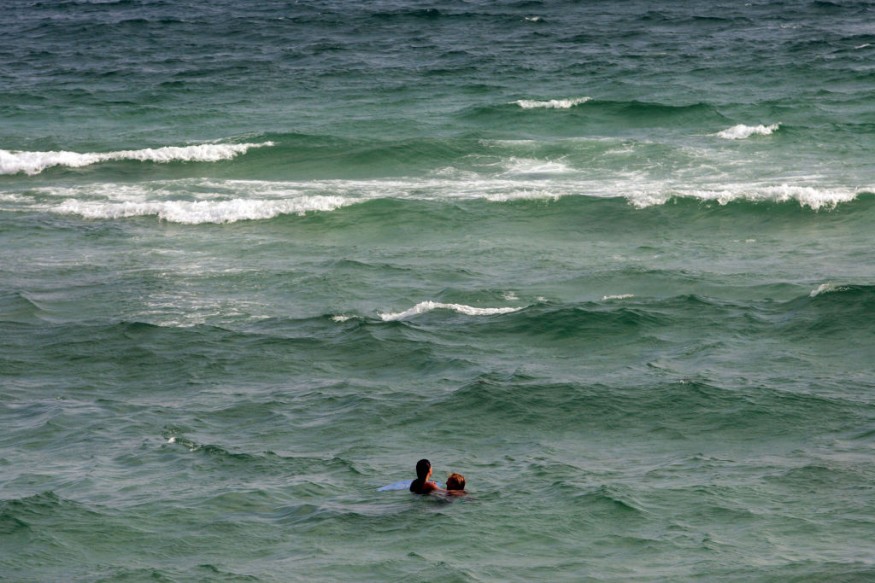A 10-year-old boy lost his legs after being amputated as an initial result of being attacked by a bull shark while snorkeling with his family during a vacation in the Florida Keys last week, state officials and a family member reportedly confirmed.
The victim, named Jameson Reeder Jr., a resident of North Carolina, experienced the marine animal attack at around 4:30 p.m. local time on August 13 during the said leisure activity at Looe Key Reef, which was also confirmed by the Florida and Wildlife Conservation Commission (FWC).
Florida Keys Shark Attack

The bull shark was believed to be 8-foot long and was reported to be responsible for causing the "crushing blow" on the boy's leg, according to a Facebook post by Joshua Reeder, Jameson's reported uncle, as cited by TODAY news.
The incident is the fourth shark attack off the coast of Monroe County in Florida since April, according to the Miami Herald.
Local sources indicated that the boy's uncle claimed doctors had to remove a portion of his leg since it was no longer operable due to the damaged delivered by the bull shark.
Florida Shark Attacks
For decades, Florida had the highest number of unprovoked shark bites in the US, topping global charts and continued to do so in 2021, when a total of 47 attacks occurred across the country.
The state has a recent five-year annual average of 25 incidents, according to the International Shark Attack File (ISAF) database of the Florida Museum.
The ISAF 2021 shark attack report indicated the 28 cases in the Sunshine State represent the total number of unprovoked bites across the US and 38% of related attacks worldwide.
Amongst all counties, Volusia County had the greatest number of shark bites, reaching 17 and representing 63% of the state's total shark-related incidents.
Other Florida counties with recorded shark bites include Brevard, Broward, Miami-Dade, Martin, Manatee, Palm Beach, St. Lucie, and St. Johns.
East Coast Shark Attacks
The Florida shark attacks is just the tip of the iceberg, as related incidents have occurred along the coastal waters of the US East Coast in recent months.
In New York, multiple shark attacks in recent weeks and months led to the temporary closure of some beaches and prompted local authorities to heighten their patrol.
In particular, there has been an uptick of human-shark interactions in the Atlantic coast of Log Island, New York, as sharks reportedly have expanded their coverage in search of food.
Since June, multiple shark attacks have been reported in the Northeast.
Shark sightings have also increased during this period, forcing local officials, lifeguards, beachgoers to move away from complacency.
As an explanation, scientists believe climate change is responsible for the surge of attacks, as cited by ABC7 News.
Recent research this year also show that the ongoing climate crisis is causing severe ocean warming, forcing shark's marine animal prey to move closer to the shore, resulting in a chain effect down to the food chain and increasing shark presence near beaches.
© 2025 NatureWorldNews.com All rights reserved. Do not reproduce without permission.





